The developmental psychology program is for students who are interested in aspects of social, cognitive, and/or language development and the cultural and family context in which development takes place.
Developmental psychology prepares students for careers in research, teaching, and applied developmental work. It is for students who are interested in typical development or atypical development, and who are interested in either basic research or applied research.

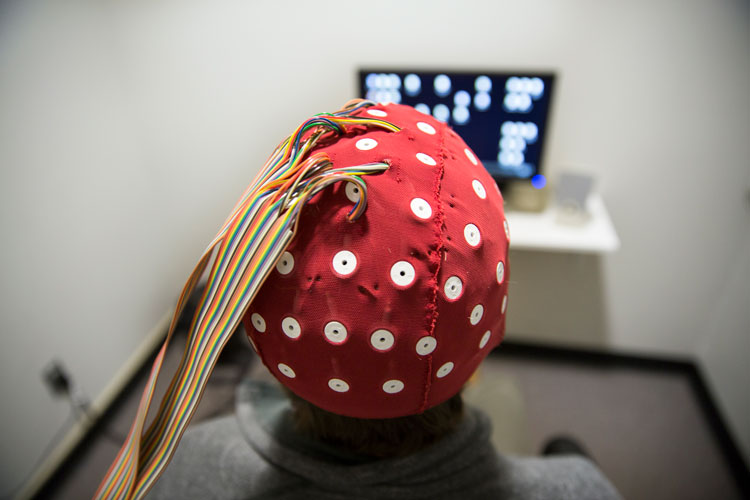
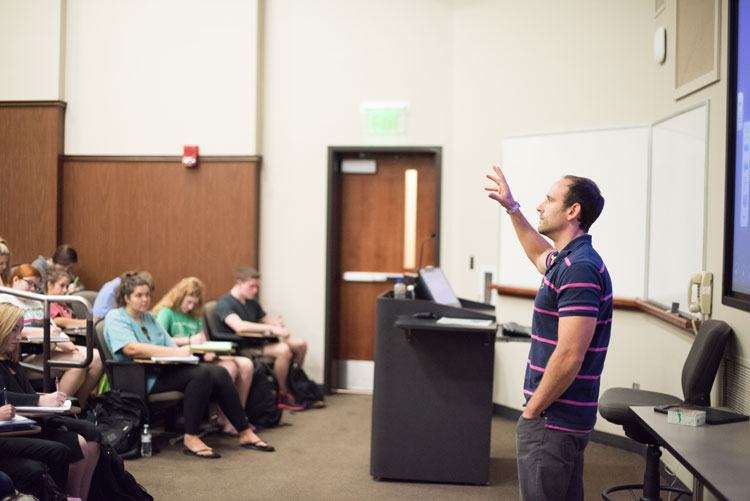


“My time at the Capstone has been the perfect springboard for my professional development, exposing me to research training and impactful projects from day one. The professional relationships and friendships I have forged with faculty and students representing many backgrounds and unique stories has also aided in my own personal growth and sensitivity to diversity. This experience is everything I wanted and more from a graduate program.”
— Danny Mack, Developmental Psychology PhD student

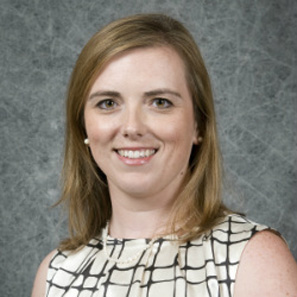


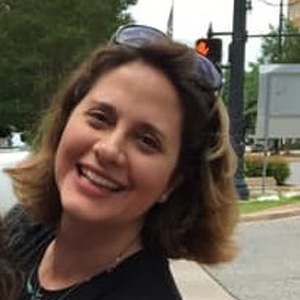


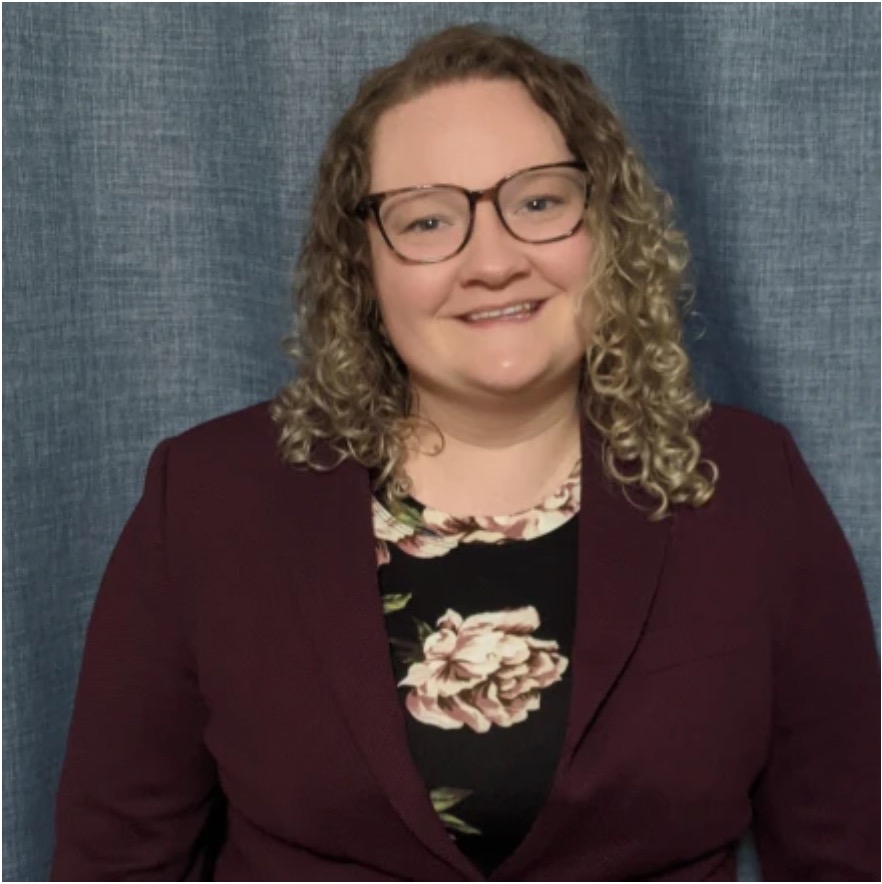
The developmental program is highly focused on research. The program uses a mentor model for research training in which students work with a specific faculty member whose research focus matches the students’ interests, although cross-lab collaboration is also encouraged. Students typically complete the program in five years.
| Year 1 | Year 2 | Year 3 | Year 4 |
|---|---|---|---|
| Coursework in research methods, statistics, psychology seminars | Complete master’s thesis | Begin dissertation research | Dissertation research |
| First-year project | Continued coursework | Teaching of Psychology course | Teaching as a primary instructor |
| Master’s thesis research |
Students in our program receive full funding for four academic years (this may be fewer for students entering with a master’s degree). Funding includes a monthly stipend for nine months, health insurance, and a full-tuition waiver. Stipends vary based on the type of financial support each student receives. Types of financial support include graduate assistantships (Research Assistant, Teaching Assistant), fellowships, or scholarships. Historically, funding has been available to support students in their fifth year, as well as during summers.
Funding is also provided by the department and the graduate school to travel to conferences each year and to conduct research.
Each year, the Graduate School also awards some fellowships to incoming students, which supplements the standard stipend. These include the Graduate Council Fellowship (GCF), McNair Graduate Fellowship, and the National Alumni Association License Tag Fellowship. Students do not apply for these fellowships, but rather are nominated or chosen by faculty after the student has been admitted into the program.